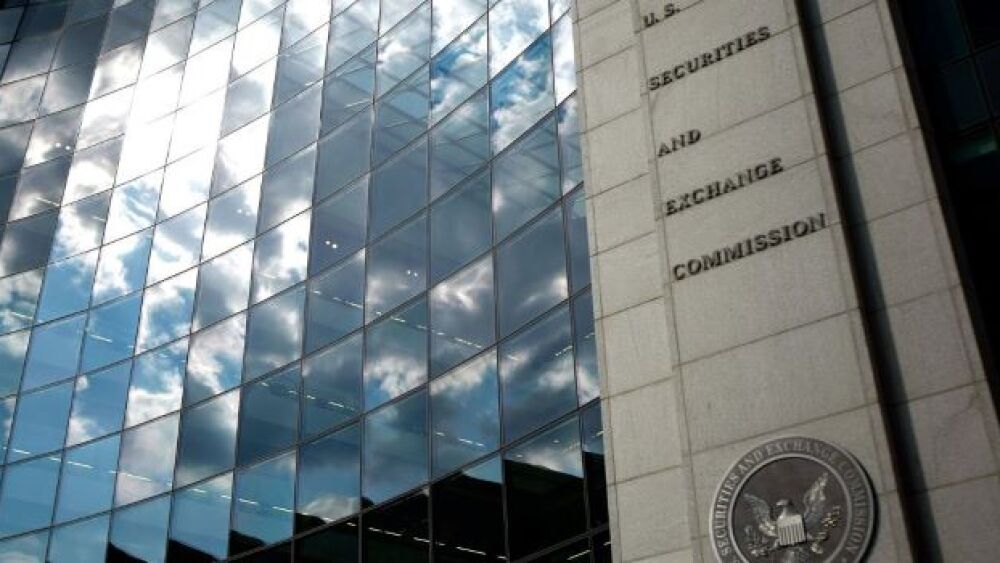The charges come from several in-process research and development projects acquired outside of a business combination.
Chip Somodevilla/Getty Images
Eli Lilly is facing $165 million in charges and development milestones from the U.S. Securities and Exchange Commission (SEC). The charges come from several in-process research and development projects acquired outside of a business combination. Despite Lilly’s major success with new clinical trials, this is one of several run-ins the company has had with the SEC.
The SEC’s requests for Eli Lilly are detailed. It estimated that Lilly’s charges related to R&D projects total around $165 million—all outside GAAP (generally accepted accounting principles), a set of standards issued by the Financial Accounting Standards Board. The $165 million was entirely from the quarter ending March 31, 2022.
As a result, the SEC’s letter said that the charges will create “an approximate $0.15 impact to the Company’s earnings per share, although the Company has not yet finalized its results for the period and therefore actual amounts could differ from those the Company currently anticipates.”
Another requirement of the SEC’s letter is that Eli Lilly provides unaudited historical financial information around the non-GAAP acquisitions and posts that information on the Investors page of its website.
“The Company is making these changes to its presentation of non-GAAP financial measures following guidance from the U.S. Securities and Exchange Commission,” Lilly’s report noted.
This filing by the SEC could be part of a governmental crackdown on big pharma. Two weeks ago, both the U.S. Senate and the House of Representatives introduced legislation aimed at strengthening competition and sparking innovation among pharmaceutical companies. The bill was passed because the House Committee on Oversight and Reform investigated several big pharma companies and how they deliberately stifled generic drugs and biosimilars from entering the market. In the investigation, some of the big pharma companies named included Eli Lilly, Sanofi, Novo Nordisk, and AbbVie.
This isn’t the run-in between the SEC and Lilly. Last year, a New Jersey employee filed a complaint about the company’s improper conduct at a manufacturing facility making COVID-19 antibody treatments. The report stated that management allegedly rewrote material from the research and technical teams to make quality control results seem better than they were.
The complaint reached the Department of Justice, which then issued a subpoena to Lilly. The U.S. Food and Drug Administration had also found issues with a Lilly manufacturing facility in Indianapolis, citing concerns about poor quality control procedures and “substandard sanitation.”
Eli Lilly also faced SEC scrutiny in February 2021 over former CFO, Josh Smiley, who had “inappropriate communications” with multiple employees. Although Smiley’s conduct was not related to financial discrepancies, Lilly still had to file with the SEC. According to the SEC filing, Smiley had to give up his $1 million 2020 cash bonus and approximately $3 million in shareholder value awards and other assets. The SEC filing included about $24 million that Smiley would have to forfeit.
But in all these cases, Lilly has cooperated with the SEC authorities. The 8-K form noted Lilly’s intention to meet all SEC expectations for the future regarding the anticipated charges.
“Lilly holds all employees accountable to its core values and strongly believes its executive officers carry an even higher burden in ensuring those values are upheld,” the company said in a statement about Smiley.





